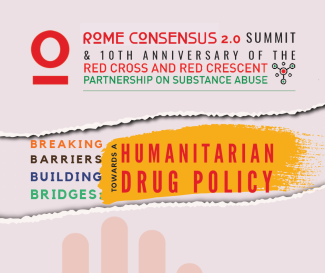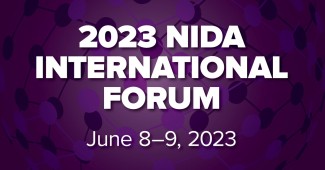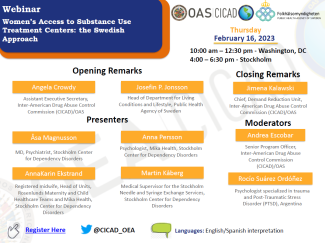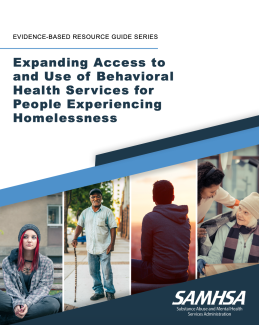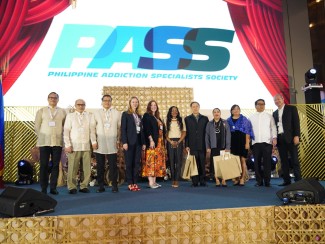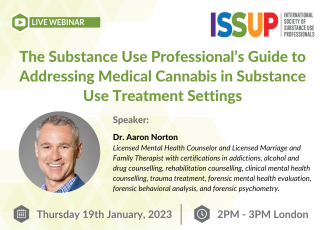BACKGROUND: The implementation of quality standards in the treatment of substance use disorders in Lithuania is not well documented in the literature. AIMS: To describe the process of the development of quality standards from grassroots initiatives to their integration into mainstream healthcare under the leadership of the Ministry of Health.
METHODS: Narrative review of retrieved documents, including related legal acts, followed by a subsequent content analysis.
RESULTS: The implementation was divided into three stages characterised by specific activities, leading stakeholders, and the...
